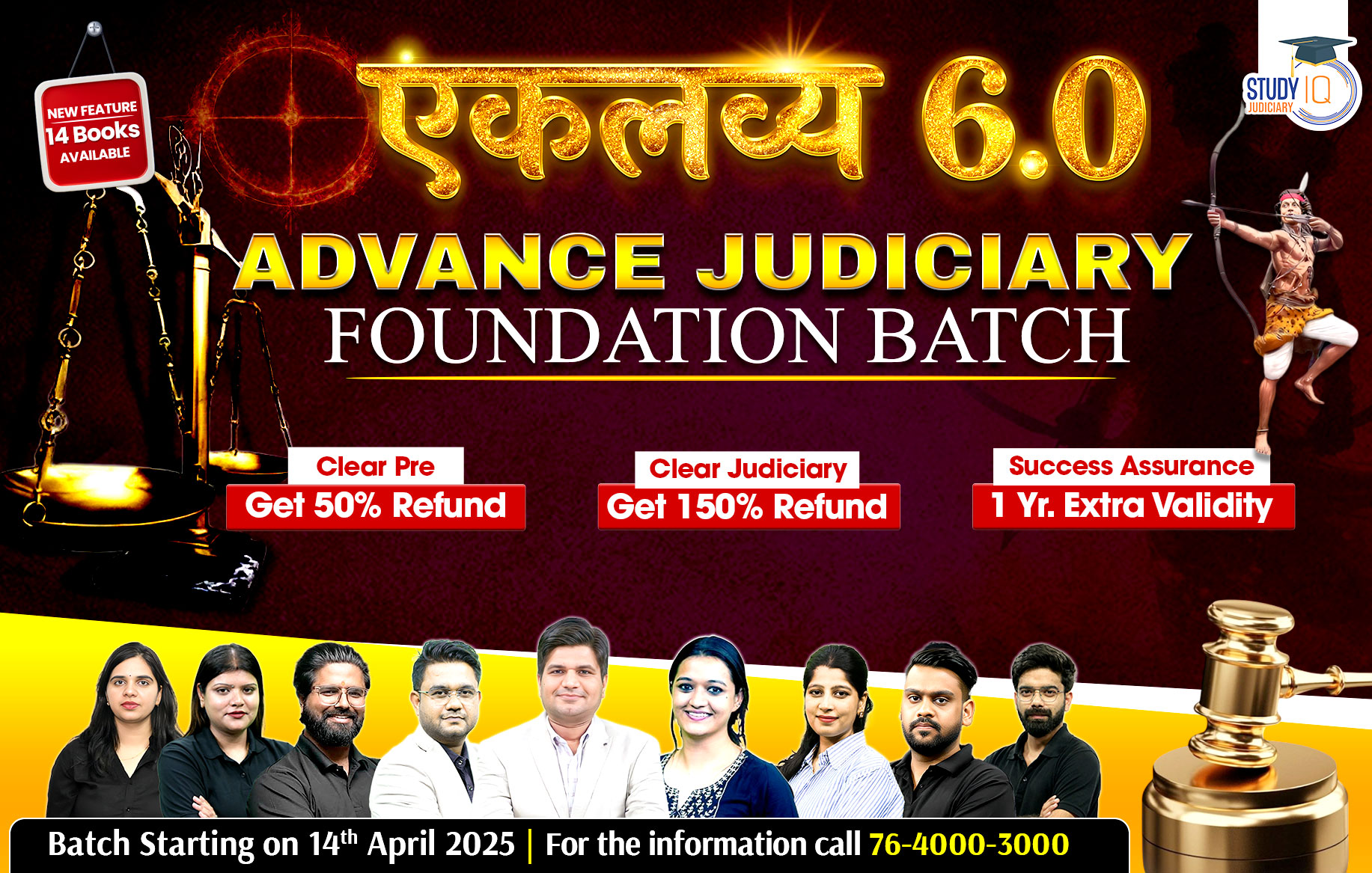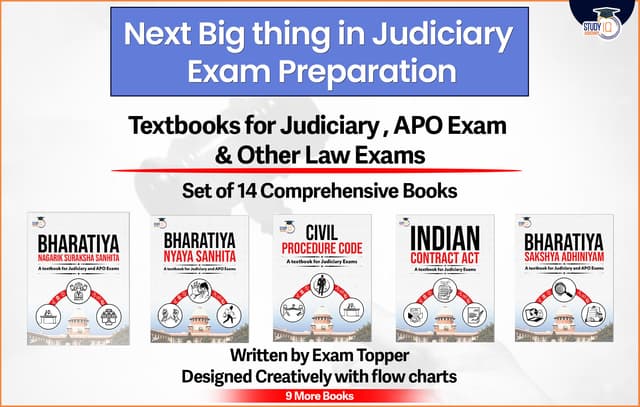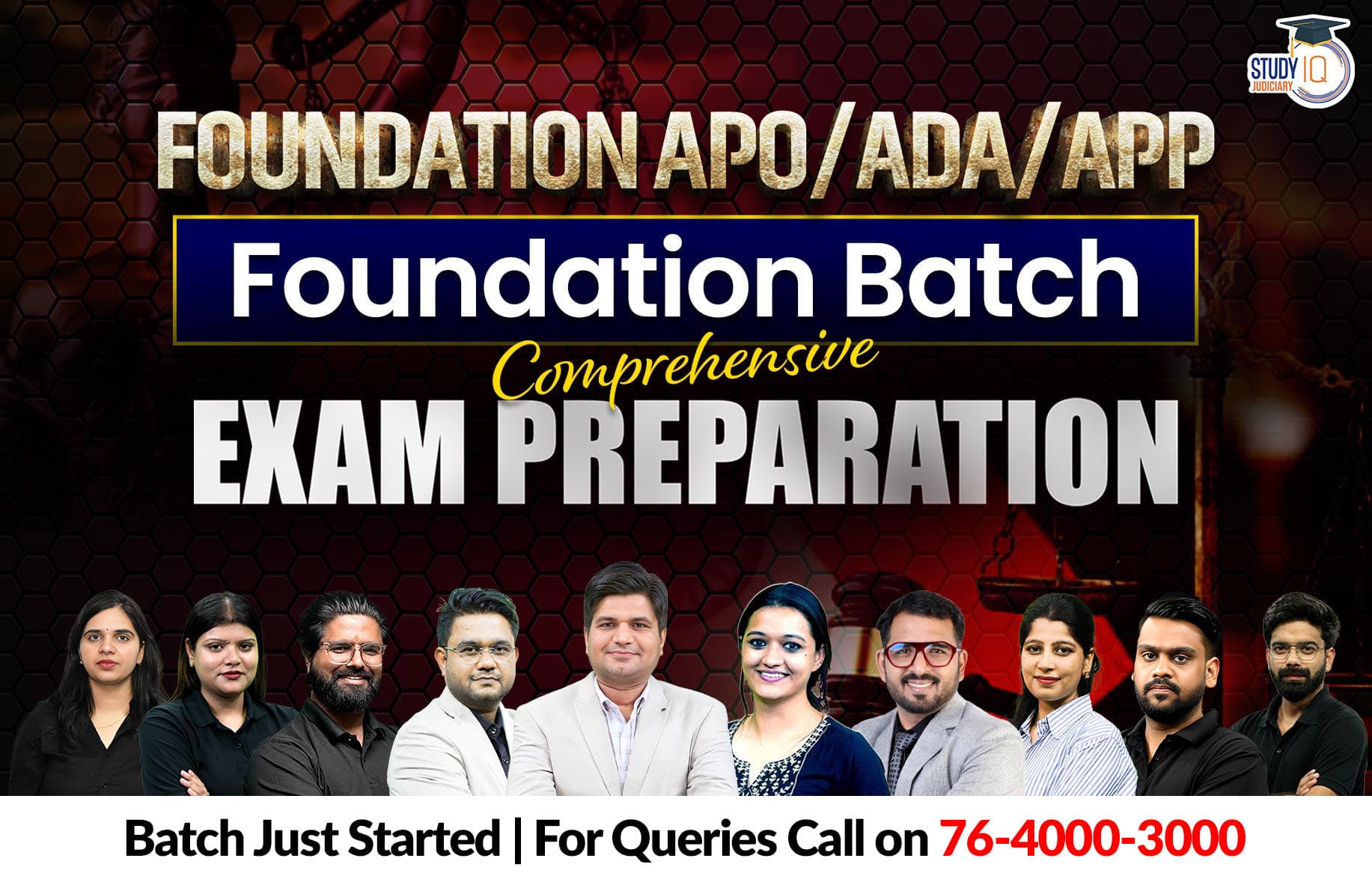Table of Contents
The Jammu and Kashmir Judiciary Exam, conducted by the Jammu & Kashmir Public Service Commission (JKPSC), is one of the most prestigious competitive exams for law graduates aspiring to serve as Civil Judges (Junior Division). Understanding the detailed Jammu & Kashmir Judiciary Syllabus 2025 is the first and most important step towards effective preparation.
This article provides a comprehensive breakdown of the JKPSC Civil Judge Syllabus, exam pattern, subject-wise topics, and a strategic preparation guide for both the Preliminary and main exams.
Jammu & Kashmir Judiciary Exam 2025
| Exam Name | JKPSC Civil Judge (Junior Division) Exam |
|---|---|
| Conducting Body | Jammu & Kashmir Public Service Commission (JKPSC) |
| Stages of Exam | Prelims, Mains, Personality Test, Medical Exam |
| Eligibility | Law Graduate from a recognized university |
| Official Website | jkpsc.nic.in |
Jammu & Kashmir Judiciary Syllabus 2025
The JKPSC Civil Judge Syllabus is divided into three main stages:
-
Preliminary Exam
-
Mains Exam
-
Personality Test (Interview)
Let’s break down the detailed syllabus for each stage:
JKPSC Civil Judge Preliminary Exam Syllabus 2025
The Prelims Exam consists of two objective-type papers:
Paper A (225 Marks)
Covers foundational law subjects and general knowledge:
-
General Knowledge & Current Affairs
-
Indian Constitutional Law
-
Code of Criminal Procedure, 1973
-
Indian Evidence Act, 1872
-
Indian Penal Code, 1860
-
Limitation Act, 1963
Paper B (225 Marks)
Focuses on state-specific regulations and civil laws:
-
Financial Code (Volume I & II)
-
Kashmir Service Regulations (Chapters III to XIII, XXII & XXIII)
-
Rules & Orders for Subordinate Courts (Civil and Criminal)
-
Circular Orders of the High Court
-
Code of Civil Procedure, 1908
-
Registration Act, 1908
-
Transfer of Property Act, 1882
-
Jammu & Kashmir Residential and Commercial Tenancy Act, 2012
Note: Each paper is of 2 hours duration and carries 1 mark per correct answer.
JKPSC Civil Judge Mains Exam Syllabus 2025
The Mains Exam is descriptive in nature and includes 6 compulsory papers and 3 optional papers (selected from 6).
Compulsory Papers (100 Marks Each)
-
Paper I:
-
English Essay
-
Translation (English to Urdu/Hindi and vice versa)
-
Precis Writing
-
-
Paper II:
-
General Knowledge
-
Indian Constitutional Law
-
-
Paper III:
-
Code of Criminal Procedure, 1973
-
Indian Evidence Act, 1872
-
Indian Penal Code, 1860
-
-
Paper IV:
-
Financial Code Vol I & II
-
Kashmir Service Regulations (Chapters III to XIII, XXII & XXIII)
-
Rules for Subordinate Courts
-
-
Paper V:
-
Code of Civil Procedure, 1908
-
Limitation Act, 1963
-
Registration Act, 1908
-
-
Paper VI:
-
Transfer of Property Act, 1882
-
J&K Residential and Commercial Tenancy Act, 2012
-
Optional Papers (Choose Any 3 of the Following)
| Paper | Subjects |
|---|---|
| Paper I | Hindu Law, Mohammedan Law |
| Paper II | Law of Companies, Insurance Law |
| Paper III | Principles of Equity, Law of Trusts, Specific Relief |
| Paper IV | Indian Contract Act, 1872 and Law of Torts |
| Paper V | Suits Valuation Act, 1887; Court Fees Act, 1870; Stamp Act, 1899; Excise Laws |
| Paper VI | Land Revenue Act; Right to Fair Compensation and Transparency in Land Acquisition, Rehabilitation and Resettlement Act, 2013 |
Duration: Each paper is of 3 hours.
JKPSC Civil Judge Personality Test (Interview)
-
Marks: 140
-
Purpose: To evaluate the candidate’s overall personality, intelligence, legal aptitude, communication skills, and awareness of social and constitutional issues.
-
The interview is conducted only for those who qualify in the Mains Exam.
Physical & Medical Fitness Test
Candidates must be in good physical and mental health. A medical test is mandatory before the final appointment. Candidates are required to pay the prescribed medical fee during this stage.
Preparation Strategy for Jammu & Kashmir Judiciary Exam 2025
Here are some expert-backed tips to crack the exam:
Understand the Syllabus:
-
Read the JKPSC Civil Judge Syllabus thoroughly and note down key subjects and laws.
Make a Study Schedule:
-
Allocate time for Prelims, Mains, and Optional subjects separately.
Practice Previous Year Papers:
-
Helps in understanding exam trends and difficulty levels.
Attempt Regular Mock Tests:
-
Improves time management and helps in self-assessment.
Revise Regularly:
-
Make notes and revise key Acts, sections, and case laws periodically.
Keep Up with Current Affairs:
-
Especially important for the General Knowledge section and the interview.
Use code “BLOG“ to Avail of “20% OFF“ Applicable on All Courses Including Books & Test Series

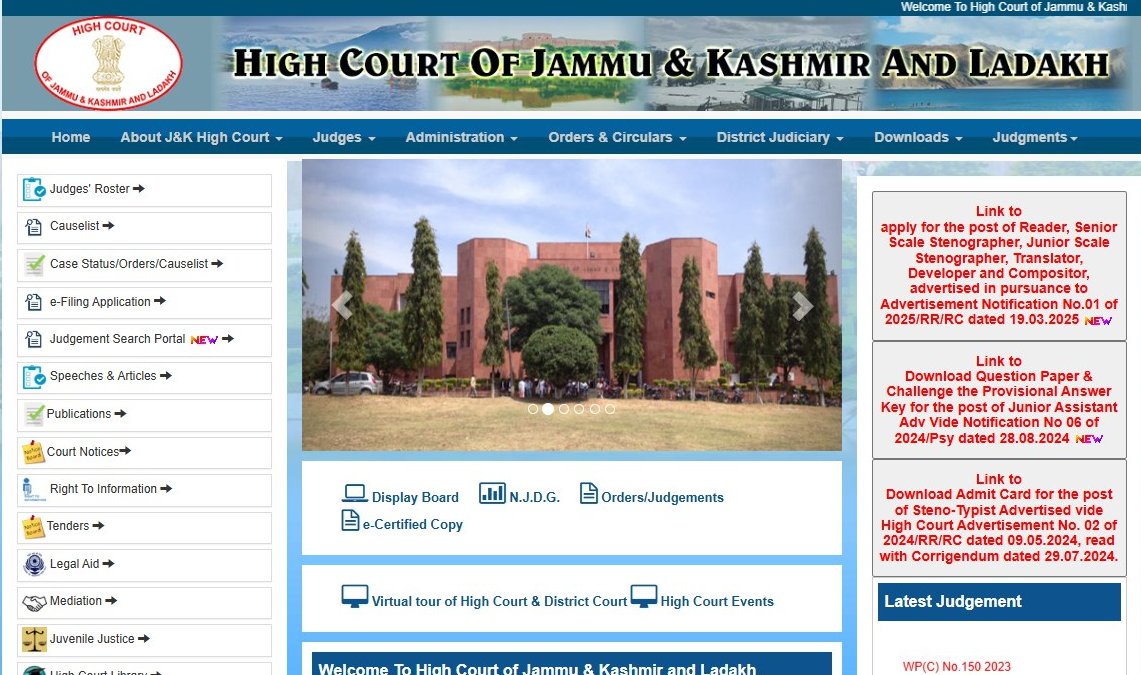
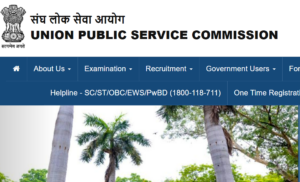 Delhi APP Notification 2025 Out, Apply f...
Delhi APP Notification 2025 Out, Apply f...
 West Bengal Judiciary Syllabus 2025: Pre...
West Bengal Judiciary Syllabus 2025: Pre...
 Chhattisgarh Judiciary Syllabus 2025: Pr...
Chhattisgarh Judiciary Syllabus 2025: Pr...
